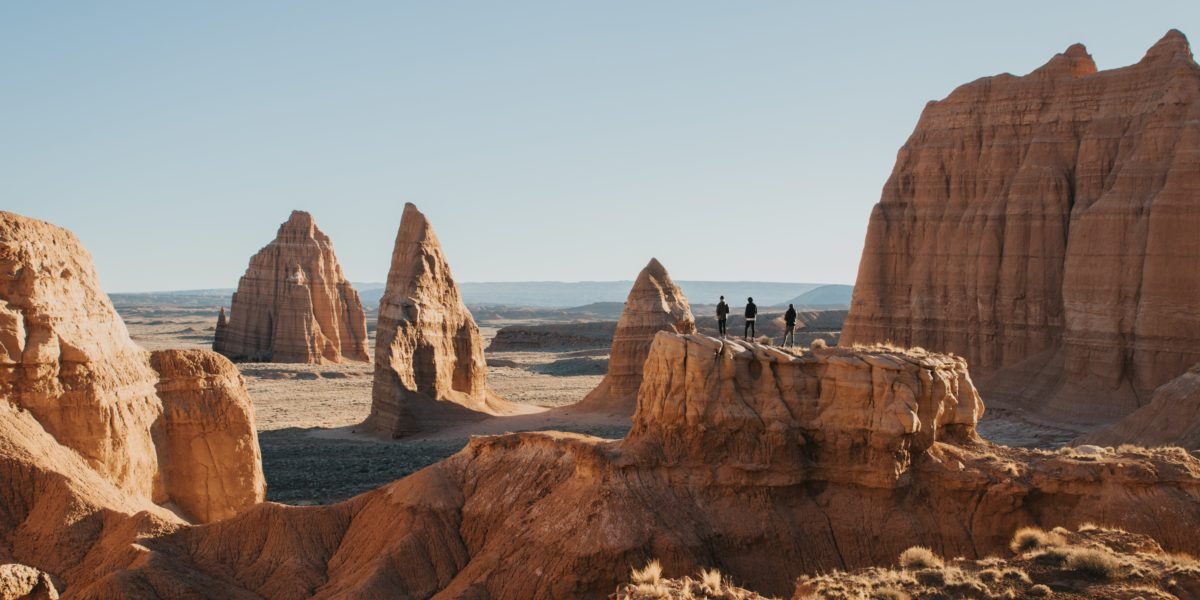
Low Impact Alternatives to the Most Visited National Parks
In the past years since the pandemic, national parks have seen an unprecedented boom of visitors as Americans search to reconnect with nature. Due to issues like infrastructure limitations, some parks enacted entry restrictions to ensure the quality of visitor experience remained up to scratch. In some cases, parks that welcomed more visitors beyond their capacity suffered increased stress on the environment and wildlife.
The most recognizable national parks, such as the Grand Canyon and Zion, are famous for a reason and are well-worth visiting. However, the U.S. is also home to many more national monuments, wilderness areas and public lands that all too often go unnoticed.
If you are looking to help reduce over-visitation and discover new hidden gems, consider our list of top national park alternatives. Many lesser-known public lands are just as beautiful and less crowded than their spotlight-stealing counterparts.
Instead of visiting Yosemite, try… Ansel Adams Wilderness
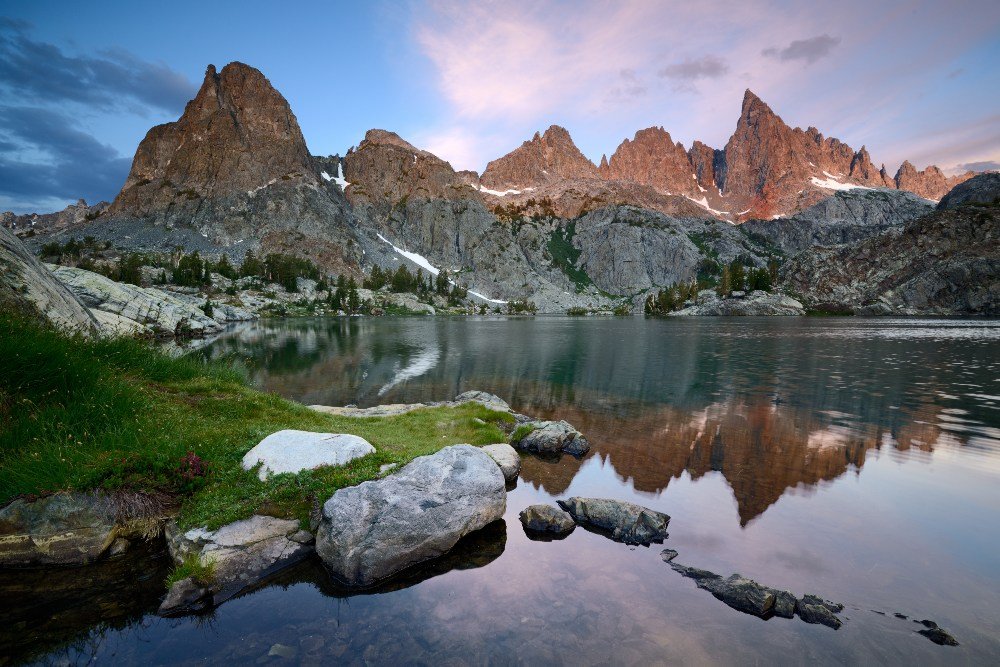
Ansel Adams Wilderness
Yosemite National Park is a highly sought after destination in California. With that inimitable view of Yosemite Valley and the geological wonder of Half Dome, it’s easy to see why. However, as a result of the pandemic, Yosemite began limiting visitation numbers with ticketed entry.
Luckily, if you want to experience the wonder of the Sierra Nevada mountains, there are options beyond the national park that are just as beautiful in their own unique ways. The Ansel Adams Wilderness spans the in between Yosemite and Mammoth. Renamed after the legendary wilderness photographer in 1984, this protected land features the same stunning high alpine landscapes that Yosemite is famous for.
Stretching for more than 230,000 acres, it’s the perfect setting for a pack trip and hiking to get away from the roads and experience the secluded peace of nature at its best. As you wander through the granite ridges and forest, you’ll be rewarded with sweeping views, wildflower-coated meadows and sparkling alpine lakes perfect for a refreshing swim.
Sample Itinerary: Ansel Adams Wilderness Pack Trip
Instead of visiting the Grand Canyon, try… Big Bend National Park
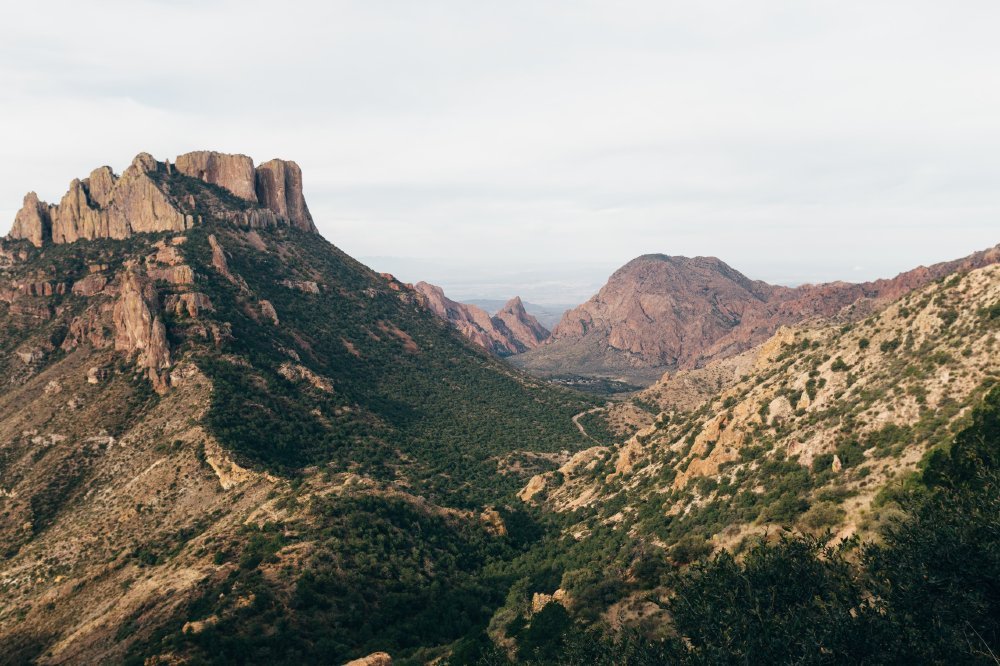
Big Bend National Park
The Grand Canyon is undoubtedly one of the U.S.’ most notable geological wonders and a worthy destination for any American road tripper. While there are always ways to escape the typical tour bus routes (such as venturing below the Grand Canyon’s rim), may we suggest an entirely different national park: Big Bend National Park.
Although Big Bend is two states east, these national parks are comparable because of the vast scale of their landscapes. The Grand Canyon strikes awe into any beholder because of its incomprehensible size. Likewise, as you drive, hike or even paddle the Rio Grande in Big Bend, you are constantly washed with the same feeling of wonder at the vast expanse around you.
Located along the Mexico-Texas border, Big Bend National Park covers a sprawling 1,252 square miles, including a diverse mixture of the Chihuahuan Desert, Chisos Mountains and Rio Grande River. There’s also a huge diversity of vegetation and wildlife to be found here. And, of course, that secluded, desert landscape means ideal stargazing country.
Sample Itinerary: A Private Ranch Road Trip in West Texas
Instead of visiting Zion, try… Capitol Reef National Park
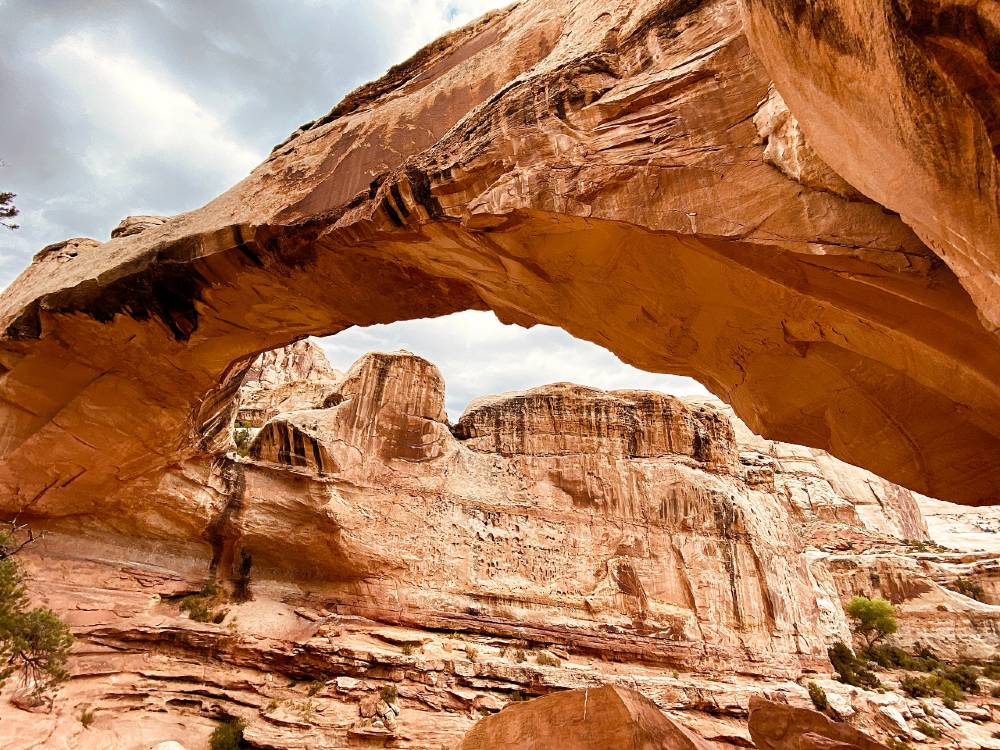
Capitol Reef National Park
Unsurprisingly, Zion National Park in Utah was the National Park Service’s third most visited in the year 2020 at 3.6 million recreational visits. It’s easy to see the draw of its iconic hikes, such as Angel’s Landing and the Narrows, but there are so many other opportunities to enjoy similar landscapes in Utah.
Capitol Reef is one of Utah’s least visited parks, a true hidden gem– and it’s difficult to understand why it doesn’t get more attention. The park is home to Utah’s trademark red rock as well as its own unique features. For example, there’s a 100 mile long wrinkle in the surface of the earth called Waterpocket Fold as well as many cathedral-like red rock formations.
Sample Itinerary: An Odyssey Through Utah’s National Parks
When visiting Acadia National Park, try… Schoodic Peninsula
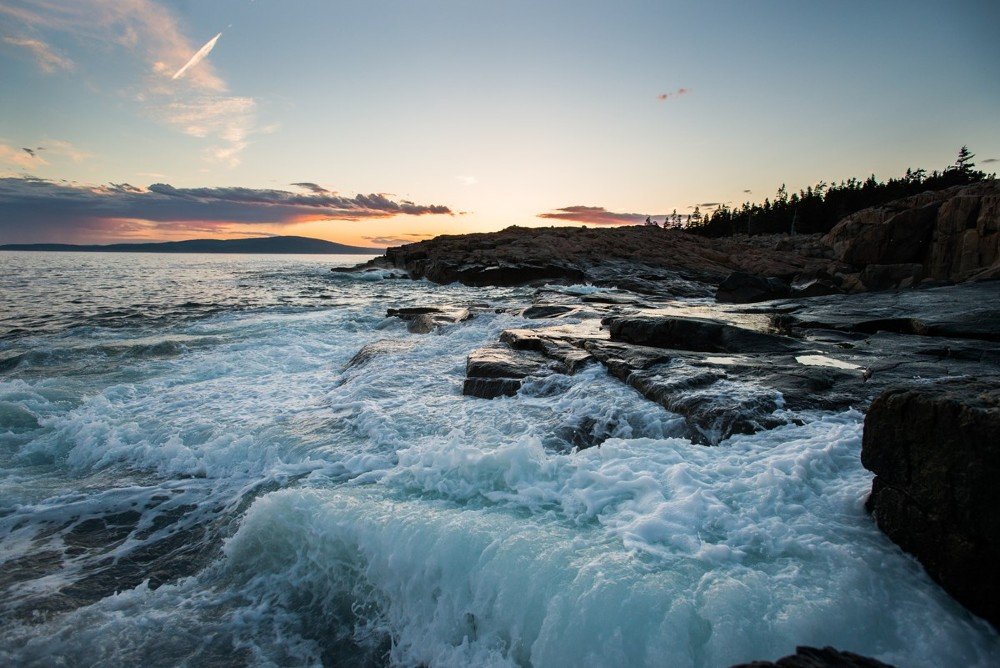
Schoodic Peninsula – NPS Kent Miller
While Schoodic Peninsula actually is a part of Acadia National Park, it’s much less crowded than the other main parts of the park. Schoodic Peninsula is the only part of the park on the mainland of Maine, but it boasts the same rocky, granite headlands and coastal views with a fraction of the crowds.
This part of the park includes miles of hard-packed gravel bike paths, which offer spectacular views along their winding, wooded routes. There are plenty of off shoots from the main six-mile loop, but one of the highlights is Schoodic Point and its view of Mount Desert Island and the Atlantic Ocean.
Sample Itinerary: Islands and Inlets: Maine Maritime Adventures
Instead of visiting Glacier, try…the Flathead National Forest
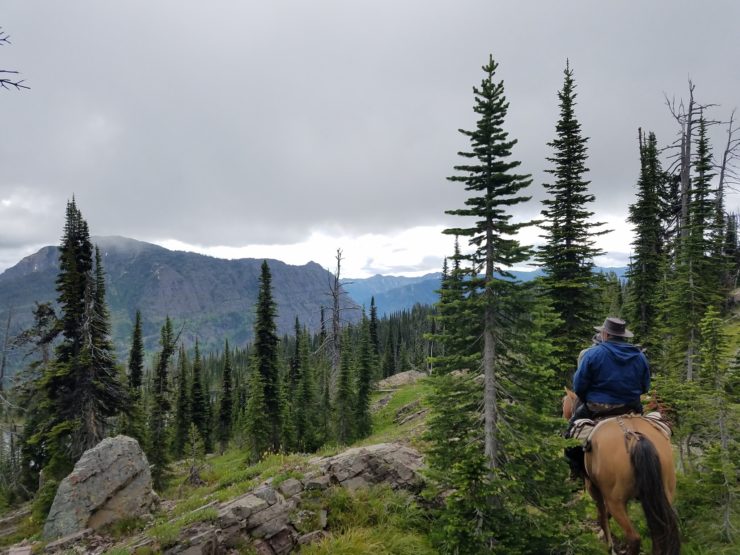
Glacier National Park with its beloved Going-to-the-Sun Road includes a 1,583-square-acre expanse of rugged mountains, gleaming lakes and all manner of alpine beauty.
Just south of Glacier and the Canadian border, Flathead National Forest offers the same beautiful, mountainous landscapes with even more room to roam: there’s more space and fewer visitors. With over 2,000 miles of trail, campgrounds and ski areas, Flathead National Forest has seemingly endless ground to explore year-round. One of the best ways to see this expansive national forest is by pack trip. Riding along on horseback and with the immersive experience of camping in the Montana wilderness overnight, you’ll be able to interact with nature in a completely new way.
Sample Itinerary: Glacier National Park, Pack Trip and Luxury Ranch
